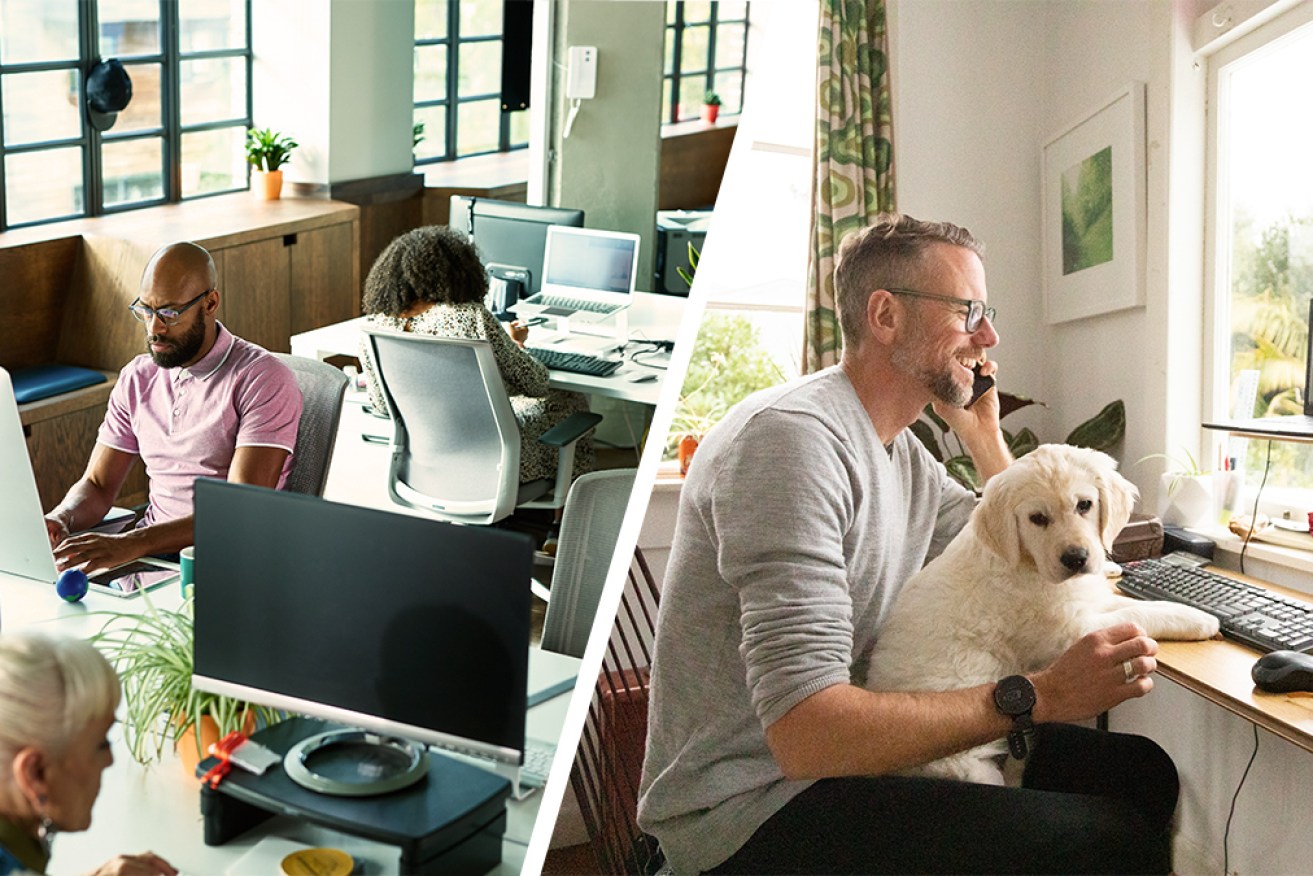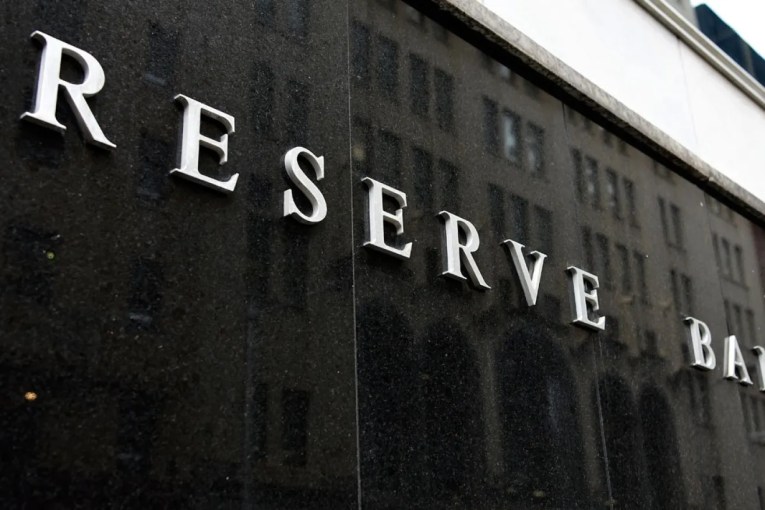Trust has to be the key in the wrangle over work-from-home policies


What works for one employee might not work for another. Photo: TND/Getty
To work from home or the office – that is the big dilemma facing employers and employees in the aftermath of pandemic restrictions.
While many organisations survived the pandemic thanks to remote work, a rise in return-to-office mandates has sparked a tug-of-war between some employers and employees – and there might not be just one solution.
About 87 per cent of companies in Australia have implemented mandatory office days for staff, with many employees expected to be in the office up to four days a week, according to research from specialised recruitment consultancy Robert Half.
But 40 per cent of those companies expect staff will quit because of in-office requirements.
Speaking to TND at customer platform HubSpot’s annual Inbound conference, Katie Burke, HubSpot chief people officer, said 10 per cent of the company’s staff had already been working remotely pre-COVID.
Now, post-pandemic, up to 80 per cent of the company’s workforce is either working completely from home or home/office hybrid.
“We believe the best people in the world don’t want to be micro-managed, and deserve to be trusted,” Burke said.
“And that doesn’t mean autonomy without guardrails – it means people still need to do great work, but we believe in giving people a fair amount of autonomy and figuring out how to navigate their work around their life.”
Choosing a work model
Working arrangements are not one size fits all.
This applies even within a single organisation; what works well for one employee might not suit others, due to differences in everything from working style to specific job requirements.
Burke said the best way to figure out what arrangements work for a specific company is by testing different models out, and drawing conclusions from employee engagement and productivity data.
“There’s a bit of a group think, everyone’s following one ideology … [people are] looking at other headlines to make decisions versus looking at their own data,” she said.
“[HubSpot] looked at our engagement data and our productivity data for employees by working preference to look at whether there was a meaningful difference between folks who worked at home versus folks who worked in the office. And we saw no meaningful differences.
“I would much rather companies actually look inside to understand what’s working and what isn’t … than make decisions based on just what the headlines are saying.”
Leading by example
Employers’ hardline attitudes on return-to-office mandates also means remote workers, especially those aged between 18 to 24 years, fear their career progress is slowed due to lack of time spent with their boss.
Aaron McEwan, Gartner vice-president of research and advisory, previously told TND company leaders want employees in the office because there’s an assumption they’ll be more productive.
For multinational companies such as HubSpot, Burke said it’s impossible to keep an eye on all employees, but employers and management shouldn’t need to see their workers every day if there’s a culture of trust and inclusivity.
She said it’s also important for senior management to set an example by embracing all types of workplaces; for HubSpot, cofounder and chief technology officer Dharmesh Shah works remotely and CEO Yamini Rangan has embraced a hybrid working model.
“It’s pretty fair for people to say if every single [executive] or every single VP-plus person is going into the office, there is absolutely an epicentre of power,” she said.
“But one of the things we hope is that people look up the career ladder and see people with … different types of work preference.
“Because what we hope is that by showing people … [that] executives can be successful working remotely, that the career growth created for people who work remotely is unmatched and should be the exact same as other work preferences.”
The New Daily attended Inbound courtesy of HubSpot.
















